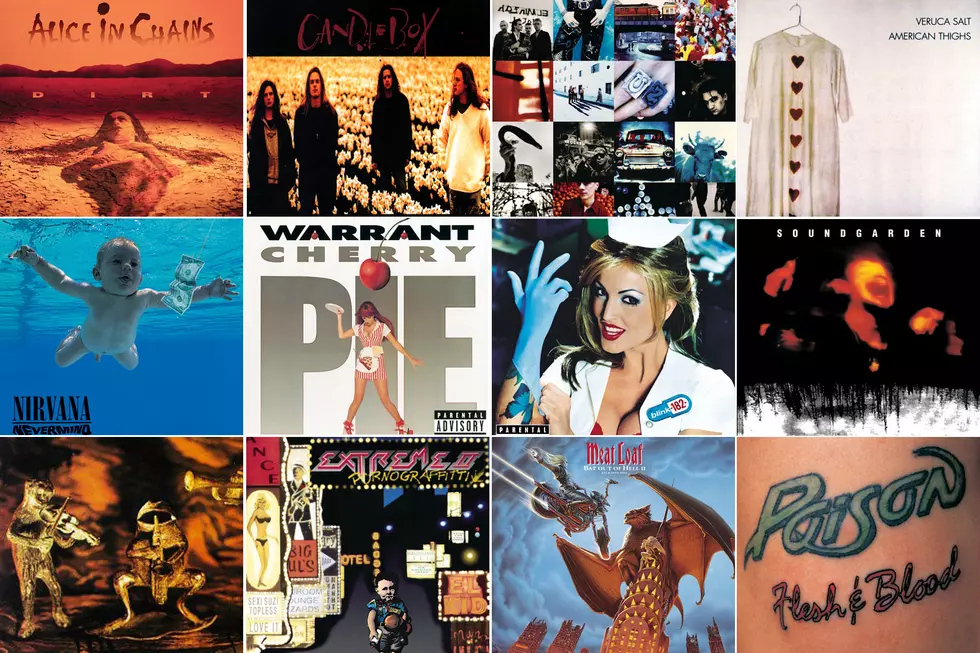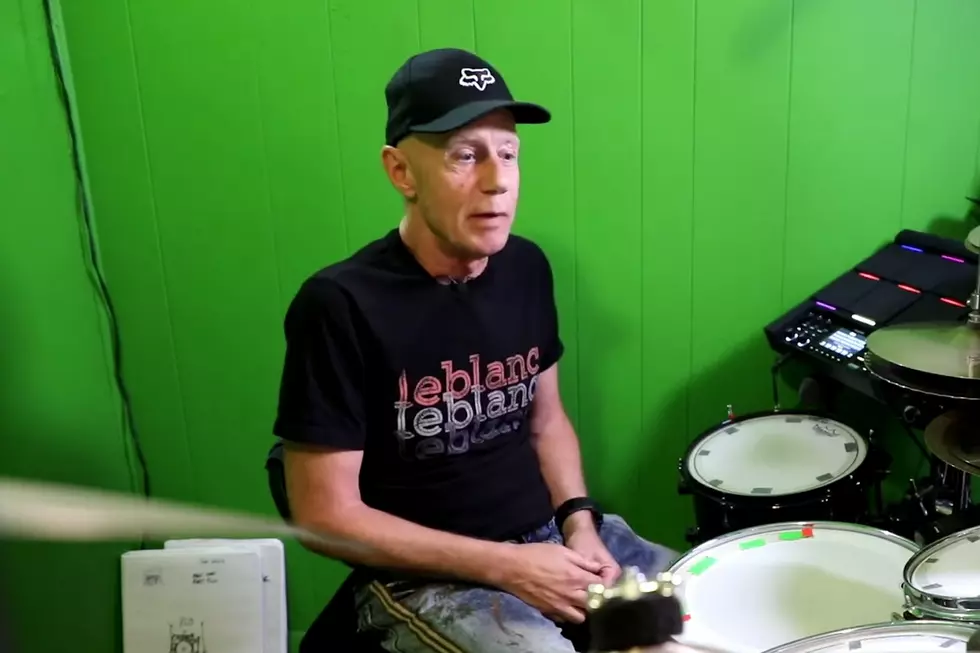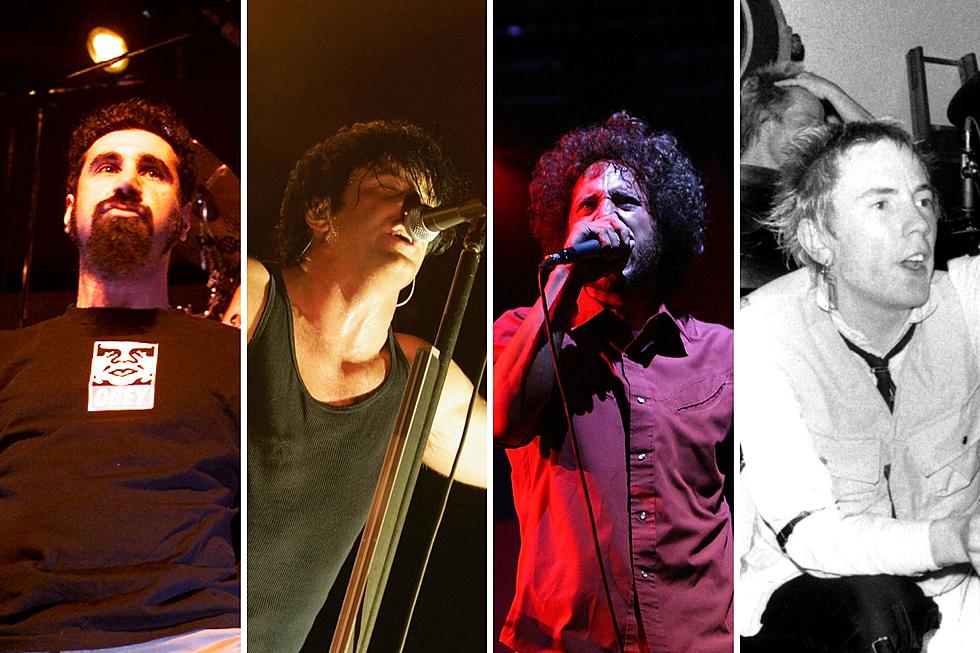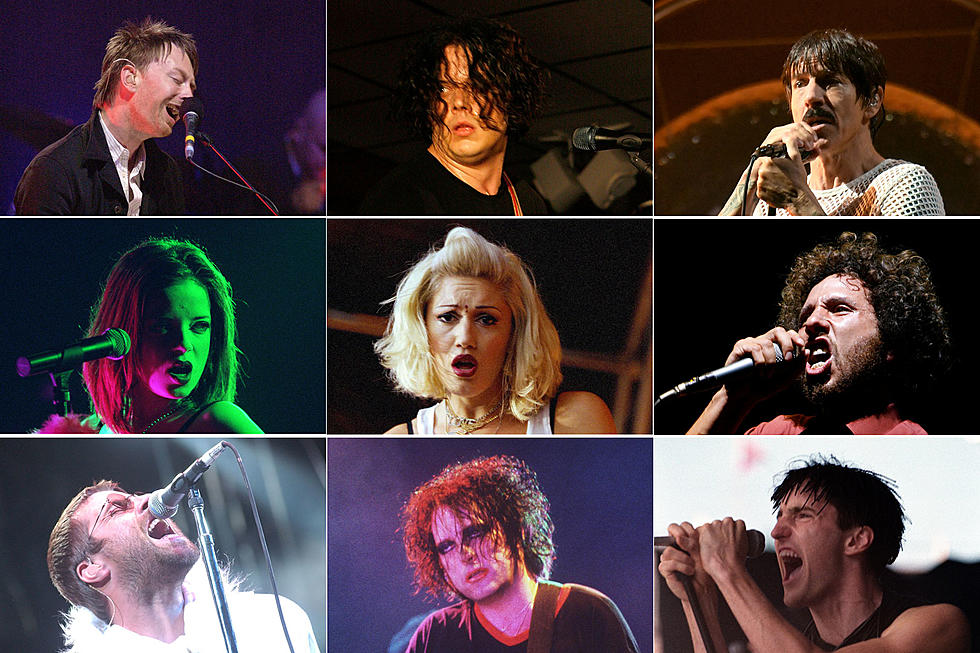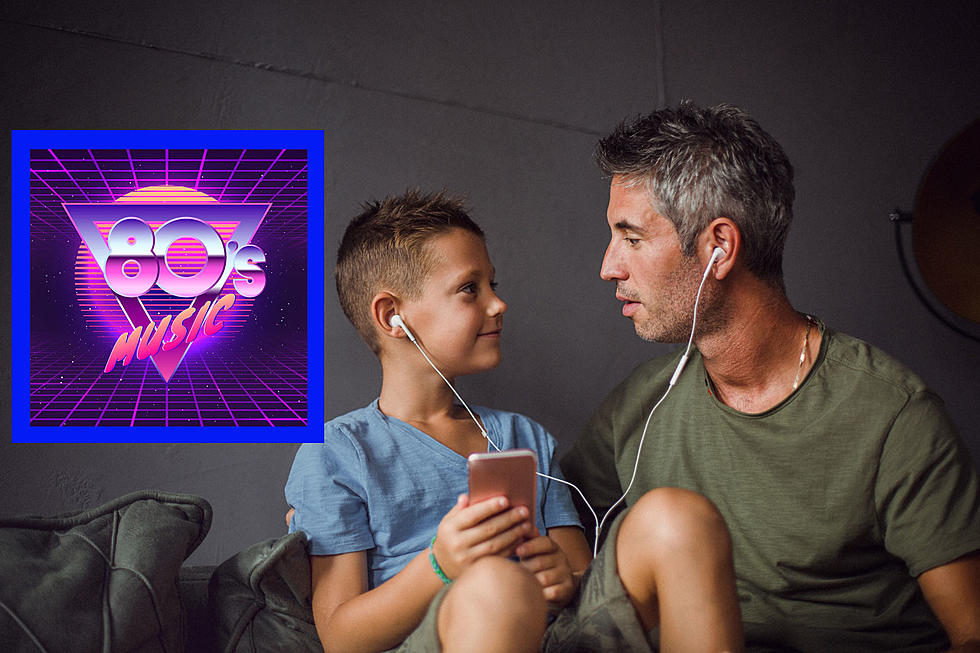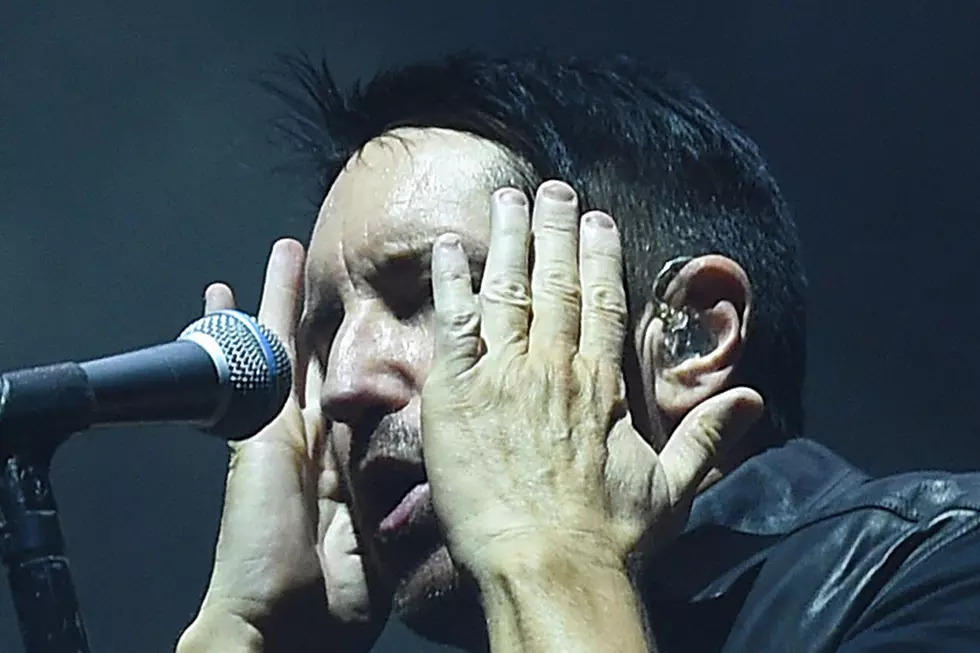
Why Trent Reznor Felt He Had to Apologize for Nine Inch Nails’ ‘The Downward Spiral’
Why did Trent Reznor feel an apology was in order upon turning in Nine Inch Nails' The Downward Spiral?
Time has proven The Downward Spiral to be Nine Inch Nails biggest album, but Trent Reznor revealed in a recent GQ interview that he didn't initially see its commercial appeal. In fact, he felt like he had to apologize when turning it in to his label.
What Trent Reznor Felt About The Downward Spiral's Commercial Prospects
The Downward Spiral, as tipped by the title, is a very raw and dark record, but one that eventually found its audience as critics hailed the emotionally laid bare album.
Given the feeling and subject matter of the set, Reznor admits he didn't see the potential for commercial appeal.
"I felt the record was so uncompromising, The Downward Spiral. It was an album that I needed to make but it wasn't reactive to 'Fuck you, forgive me but I'll show you.' I remember I turned it in and I said, 'Sorry. You shouldn't have let me do what I was going to do,'" said Reznor to GQ.
"Hurt" Wasn't Meant to Be a Hit
"Hurt," which has become one of the band's most well-known songs, wasn't initially released as a commercial single, but it did start to garner promotional airplay in 1995 toward the end of The Downward Spiral run. The song rose to No. 8 on the Alternative Airplay chart.
Reznor tells GQ that he never imagined the commercial viability of the track, even taking measures in recording that he felt limited that potential.
"I wanted to make it so you really kind of couldn't hear me sing. It was meant to not be a separate noise through the whole thing, so there was no chance it could have a commercial life. It was an honest thing. There wasn't even meant to be song lyrics even, it was just how I felt and I felt desperate when I wrote it. It gets to the core," says Reznor, who created the song as a late addition coda to the album.
Of course, it would later get a second life when it was covered by Johnny Cash toward the end of the country legend's career, perhaps even eclipsing the success that Nine Inch Nails had with the song.
READ MORE: How Rick Rubin Got Johnny Cash to Record 'Hurt'
Reznor's Thoughts on "Closer"
Much like "Hurt," "Closer" wasn't exactly an easy commercial sell either with lyrics that would need to be censored.
"Immediately the label came out and said, 'THAT'S the single.' The record came out and it started getting played while censored and we started to make a video," recalls Reznor.
"As far as the track, there's always the frustration of what I'm actually singing about and then the dumbed down interpretation, but that's all part of the lesson of when you let something out in the world," says Reznor. "You can't control how you're going to feel about it. But the idea that something subversive crept its way into strip clubs around the world, I'm proud of that track and I do enjoy it."
How Videos Changed Everything
"I've always been frustrated in the world of videos because sometimes you feel you're at the mercy of who you choose as a director. Every director is trying to make a demo film to be a feature guy and you're just happen to be there to film their experiment," admits Reznor, but he was pleasantly pleased with the "Closer" video.
"A song that I agonized over what it says and how it feels now has a visual that can be equally or overpowering and it gets thrown together in a couple of weeks. But that video when I saw what it was was really fucking good and that was Mark Romanek. I had the experience that it made the song better for me," he adds.
Oddly enough, Romanek was also behind the lens for the cover of "Hurt" performed by Johnny Cash.
"I got the Mark Romanek video and I was like, 'Jesus Christ,'" recalled Reznor. The thought of here's a thing I wrote from a very intimate place and it's connected with someone else with a larger than life personality and then oddly it becomes and epitaph for his life, happened to be filmed by one of the greatest directors ever, Mark Romanek. And it was in such a beautiful way that it reminds you of the power of music and how important it is."
The Greatest Cover Song of All Time?
Reznor, along with the composing partner and Nine Inch Nails bandmate Atticus Ross, break down their thoughts on some of their biggest songs and music scores as part of the GQ interview below.
Nine Inch Nails' Trent Reznor & Atticus Ross Speak With GQ
15 Anniversary Tours We'd Love to See in 2024
Gallery Credit: Chad Childers, Loudwire
More From Loudwire
